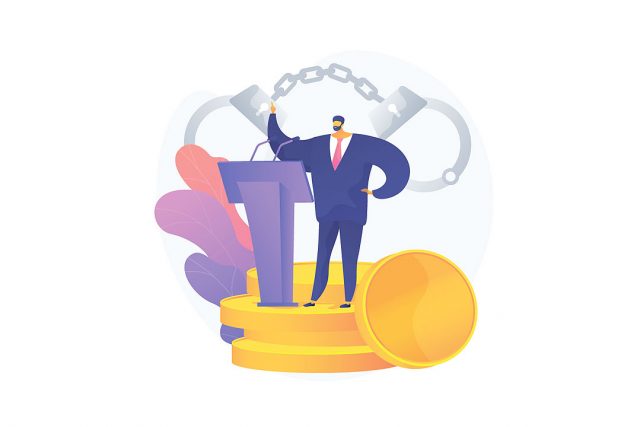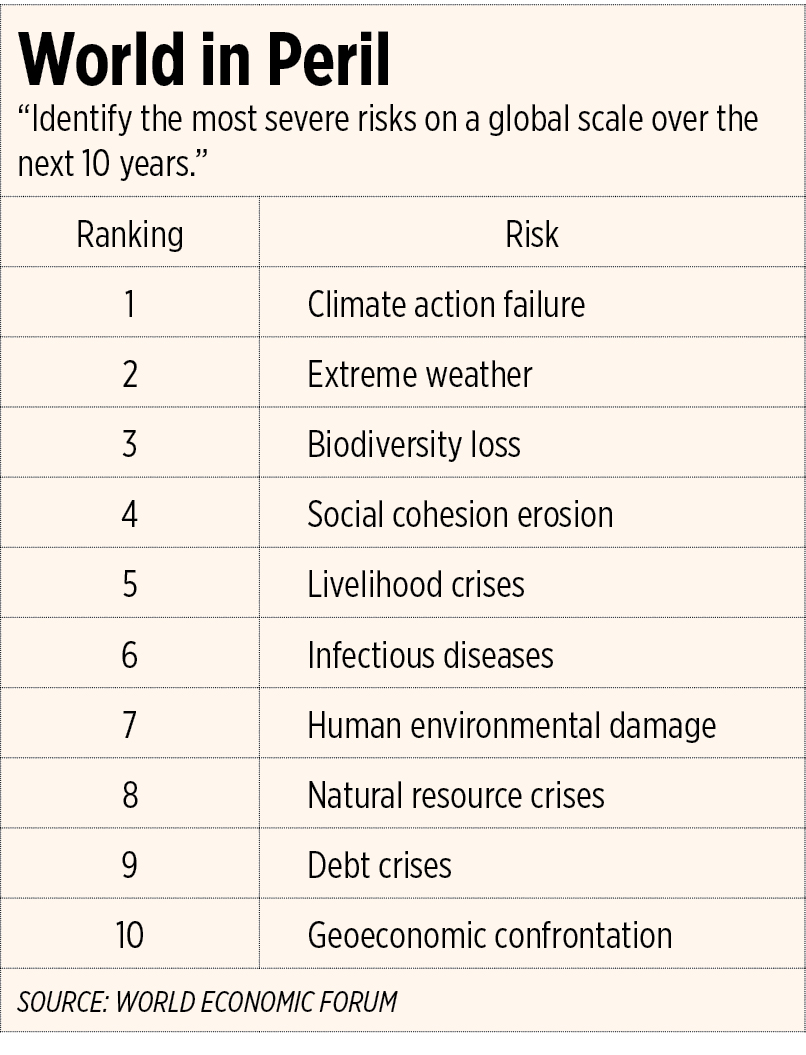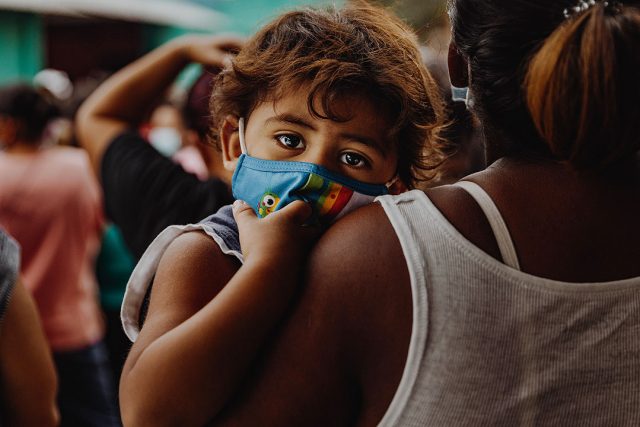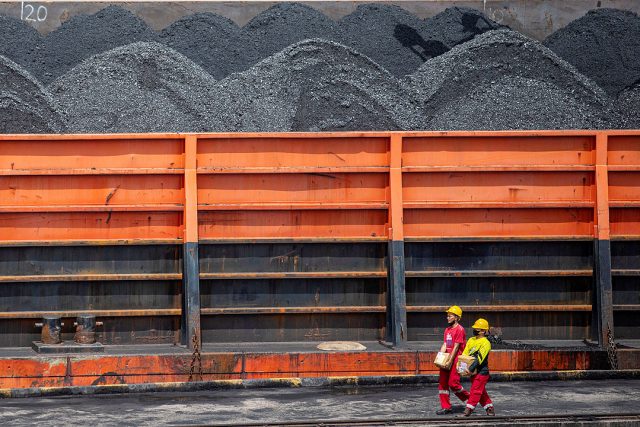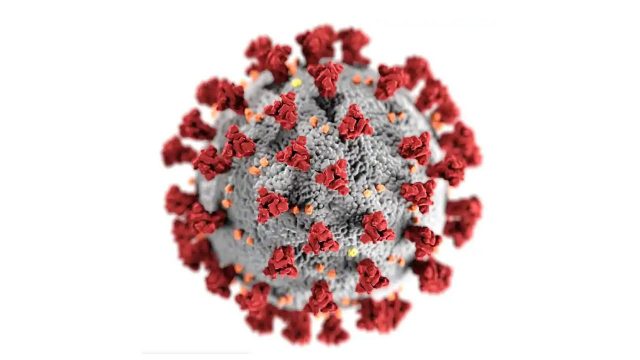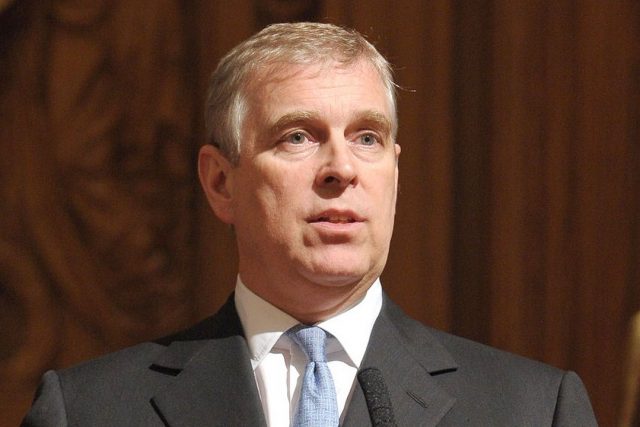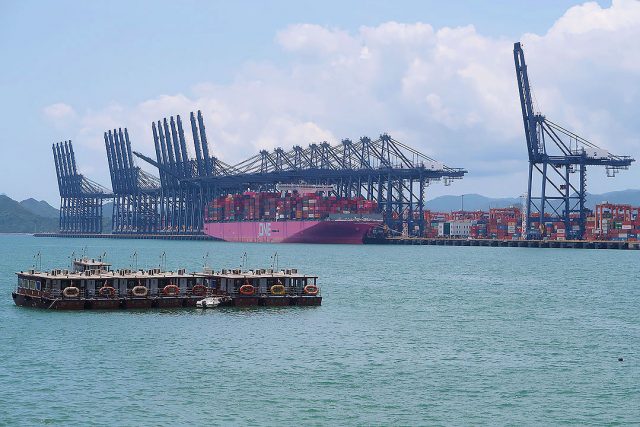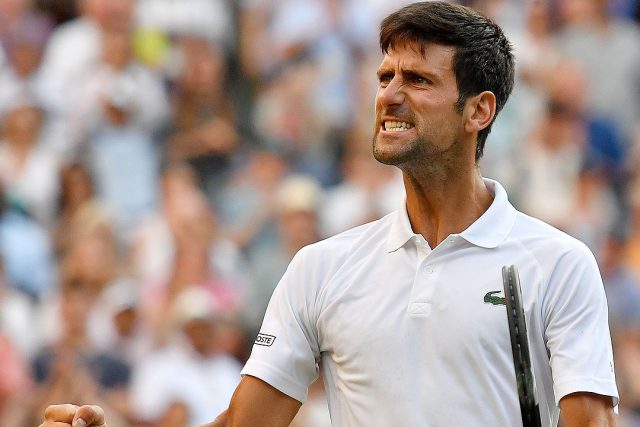Challenge and opportunity
“Defending democracy” and “upholding the rule of law” have long been in the United States of America’s ideological arsenal of justification for its intervention in the affairs of other nations. But if we are to believe its own President, his political party, and much of its media, the country Filipinos trust the most is in crisis because both are under threat at home. Rather than the foreign foes the US has waged multiple wars against, it is its own citizens who have made that danger imminent.
Fueled both by malice as well as disinformation, that crisis, because occurring in one of world’s supposedly “most mature democracies,” nevertheless has an upside to it. It underscores how even more fragile democracy can be in such countries as the Philippines once lies, because repeated so often, assume the appearance of truths.
In the United States it has alerted those who take democratic rights for granted to the perils to those rights that lurk in the economic and political establishment from which they choose their leaders. For the first time in US history, a sitting President not only described his 2020 rival for the White House as a liar and as “a threat to democracy” but also as “a defeated former President” who refused to respect the peaceful transfer of power and who instead “held a dagger at the throat of American democracy.”
Joseph Biden minced no words in referring to Donald Trump as the US marked the first anniversary of the Jan. 6, 2021 storming and occupation of Congress by hundreds of Trump supporters in an attempt to stop Biden’s official declaration as the 46th President of the United States.
Biden blamed that “armed insurrection” on Trump’s “web of lies” about the 2020 elections whose result he and his followers say was “rigged.” He went on to declare that the former President egged on the rioters because he “values power over principle,” “because he sees his interests as more important than his country’s interests,” and “because his bruised ego matters to him more than our democracy and our Constitution.” A year after, the threat to both had not waned. Biden told his audience that “we are in a battle for the soul of America” — that what is at stake in that war is democracy itself.
Much of the US media except Fox News agreed that US democracy is under grave threat. They weighed in with specials on, among others, “saving democracy,” and interviews with the families of the police officers killed and injured by the rioters, and with some members of the Republican Party who contradicted Trump’s claims and lamented much of their party’s support for his lies and the insurrection.
The information the media and other institutions provided was a major factor in Trump’s defeat in the Nov. 3, 2020 Presidential elections. Trump and company’s repudiation of its results, and the violence that ensued on Jan. 6, 2021 are as unprecedented in US history as Biden’s words.
The integrity of elections is crucial to democratic polities, while the use of violence in questioning them presumes the need for force in resolving differences. Trump has claimed the first and encouraged the second. It is in alarm over both that Biden, the Democratic Party, and much of the US media agree that US democracy is under threat and must be defended from the likes of Trump and his cohorts both in and out of government.
Trump is no longer in power. But he still has much of the Republican Party and various groups like Christian fundamentalists, neo-Nazi, pro-gun, white supremacist, and racist formations behind him. He has declared that his losing the 2020 elections will not stop his campaign for an anti-immigrant, exclusionary America, and he has threatened to run again in 2024. Although he is now 75, and claims to be in perfect health, time could still catch up with him before that year. But even if that happens, what some analysts are already referring to as “Trumpism” will quite probably outlive him. Even without Trump, that “philosophy” has already ushered in a period of political instability that will outlast Biden’s term.
What the US is going through is in many ways what other countries and peoples have had to endure, and much worse — in many cases with the instigation and support of various US administrations whether Democrat or Republican. Among others, the September 1973 coup d’état against, and assassination of, the democratically elected President of Chile, Salvador Allende, which put a brutal military dictatorship in power, comes to mind.
So does the support by a succession of US regimes for the Marcos dictatorship in the Philippines that began with the declaration of martial law in 1972. In both instances, the US in effect validated the use, in behalf of its and its local collaborators’ interests, of the very same violence and lawlessness the Biden administration is now condemning.
US economic, military, and political support helped keep the Marcos kleptocracy in power for 14 years. The dictatorship made Marcosismo, home-grown Philippine fascism, a perennial threat to the democratization of the country and a lethal virus the Philippine political elite often uses to threaten critics and dissenters with. It has outlived “People Power” twice, and outlasted six post-Marcos regimes. Its current version values violence and intimidation as the first and last methods of governance, and has made corruption and indifference to human lives, liberties, and the people’s welfare its first priorities. An even worse mutation of it could come to power this election year.
The resilience of Marcosismo is based on the ignorance that disinformation generates and the willful indifference to factual evidence among millions of Filipinos. It is a crucial factor in the acceptability of “strong man” rule.
Much of the lies and rewriting of history that feed that preference are deliberately cultivated by the trolls and hacks in print and broadcast media in the pay of those handful of families that have monopolized political power in these isles for decades and who want to keep it whatever the cost to this country and its people. Those dynasties are not only threatening to completely overwhelm the relatively few adherents of reason, democratic choice, reform, and just plain civility among the citizenry. They are also flourishing by using the ideology of dominance, repression, and exploitation that lives on in what passes for the minds not only of the ruling oligarchy but also of its benighted followers.
Only relevant and accurate information can combat this insidious and continuing threat. That immense responsibility has fallen on those individuals and organizations, most specially those Filipinos for whom the resumption of the democratization process has never been more urgent than today, and those in the media who are in a position to provide that kind of information.
The campaign period for the 2022 elections is a signal challenge and opportunity to do so, not only to rescue the country from despotism and ineptitude, but also to make sure that neither afflicts it ever again.
Like those Americans who claim adherence to democratic principles, their Philippine counterparts are also in a battle —against the corrupt, incompetent and power-mad legions — for their own country’s soul. Their victory can be most clearly expressed in, to begin with, their prevailing in the coming polls. But that would be only the beginning. Like Trumpism in the US, Marcosismo will continue to plague this country until the Filipino millions achieve its economic, political, and social transformation that is the only antidote to the false promises of fascist rule.
Luis V. Teodoro is on Facebook and Twitter (@luisteodoro).

